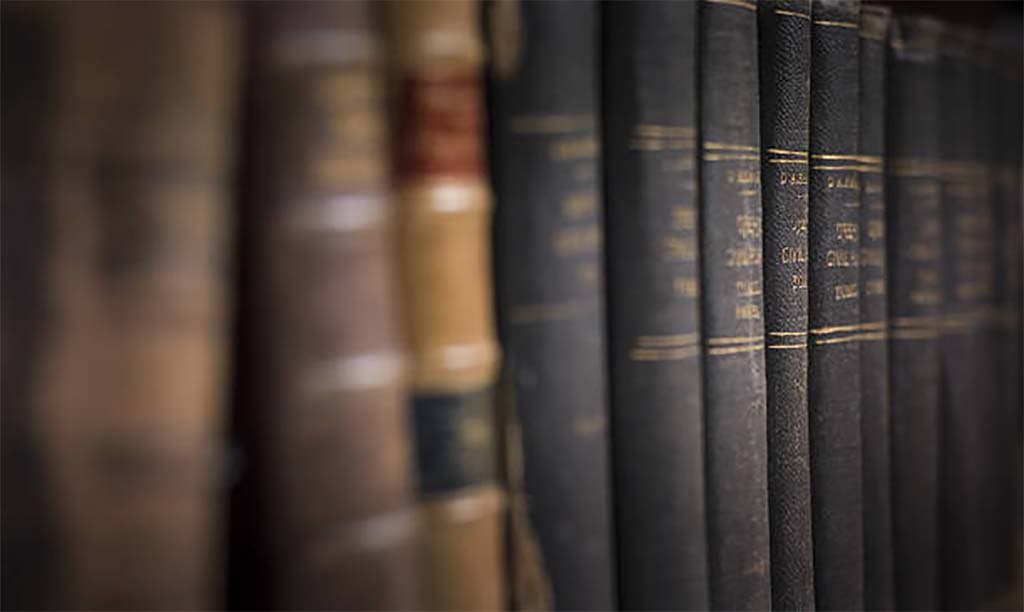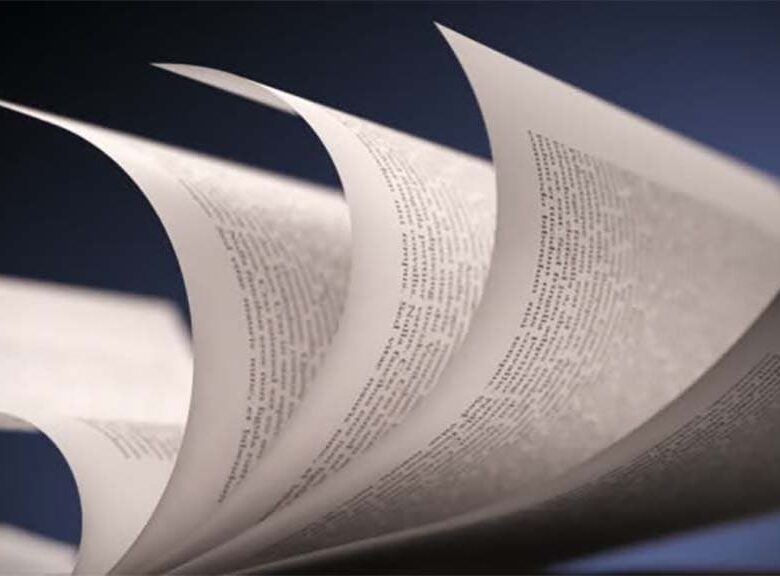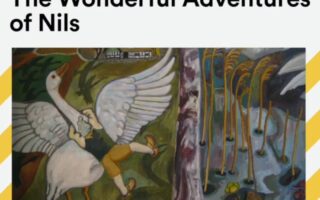The relationship between history and literature is akin to a continuous, evolving dialogue, where the echoes of the past resonate through the pages of modern narratives. This interaction not only enriches the tapestry of contemporary literature but also offers insights into how historical events shape and influence societal values, personal identities, and collective memory. By examining the intricate ways in which authors incorporate and respond to historical moments, readers gain a deeper understanding of the present, seeing it as a mosaic of countless pasts.
Historical Contexts as a Foundation for Literary Exploration
At the heart of many literary works lies a historical context that serves as a foundation for exploration and storytelling. Authors mine the depths of past epochs, drawing inspiration from events that have shaped human civilization. Whether set against the backdrop of ancient empires, the turbulent Middle Ages, the transformative years of the Renaissance, or the upheavals of the 20th century, literature offers a lens through which we can re-examine historical events, understanding them not just as dates and facts but as lived experiences that continue to influence the present.
War and Peace: Literature’s Reflection on Conflict and Resolution
The themes of war and peace have perennially found expression in literature, serving as a canvas for authors to explore the complexities of human conflict, the devastation of battle, and the arduous journey towards reconciliation and peace. Through narratives set in the midst of war or in its aftermath, literature reflects on the causes of conflict, the nature of heroism, the reality of loss, and the possibility of healing. These stories remind us that the scars of war are not only etched into the land but also into the hearts and minds of those who have lived through it.
Social Revolutions and Literary Evolutions
Literature has often been at the forefront of reflecting and contributing to social revolutions, capturing the spirit of change and the demand for justice. From the fight for civil rights to the struggle for gender equality and beyond, literary works have both mirrored and propelled societal shifts. By giving voice to the marginalized, challenging the status quo, and envisioning alternative futures, literature plays a crucial role in social evolution, encouraging readers to question, empathize, and engage with the world around them.
Technological Advances Through the Lens of Literature
The rapid pace of technological advancement finds its echo in modern literature, where authors grapple with the implications of such changes on humanity. From the Industrial Revolution to the digital age, literature examines how technological progress reshapes societies, influences identities, and raises ethical questions. Through speculative fiction, historical narratives, and contemplative essays, literature invites readers to ponder the relationship between human beings and their creations, exploring the benefits and challenges of living in a technologically driven world.

The Personal as Historical: Individual Stories Against a Broader Backdrop
In the realm of modern literature, the personal is often interwoven with the historical, as individual stories unfold against the backdrop of larger events. This narrative technique illuminates the impact of history on personal lives, showing how individuals navigate the currents of time. Through the intimate lens of personal experience, literature reveals the human face of history, emphasizing that behind every historical event are countless individual stories of love, loss, resilience, and transformation.
Conclusion: Understanding the Present Through the Lens of the Past
The exploration of historical events in modern literature is not merely an academic exercise but a vital means of understanding the world we inhabit today. By engaging with the past through the narratives of the present, literature offers a bridge between epochs, inviting reflection on how history shapes our identities, beliefs, and possibilities. As we delve into the stories that weave the fabric of contemporary literature, we are reminded that to comprehend the present fully, we must first listen to the echoes of the past.
In tracing the influence of historical events on modern literature, we uncover the enduring power of storytelling to connect, question, and inspire. Literature serves as a repository of human experience, a testament to the resilience of the human spirit in the face of adversity, and a beacon guiding us towards a deeper understanding of ourselves and the world. Through the lens of literature, history is not just remembered; it is felt, challenged, and reimagined, offering endless insights into the essence of what it means to be human.



